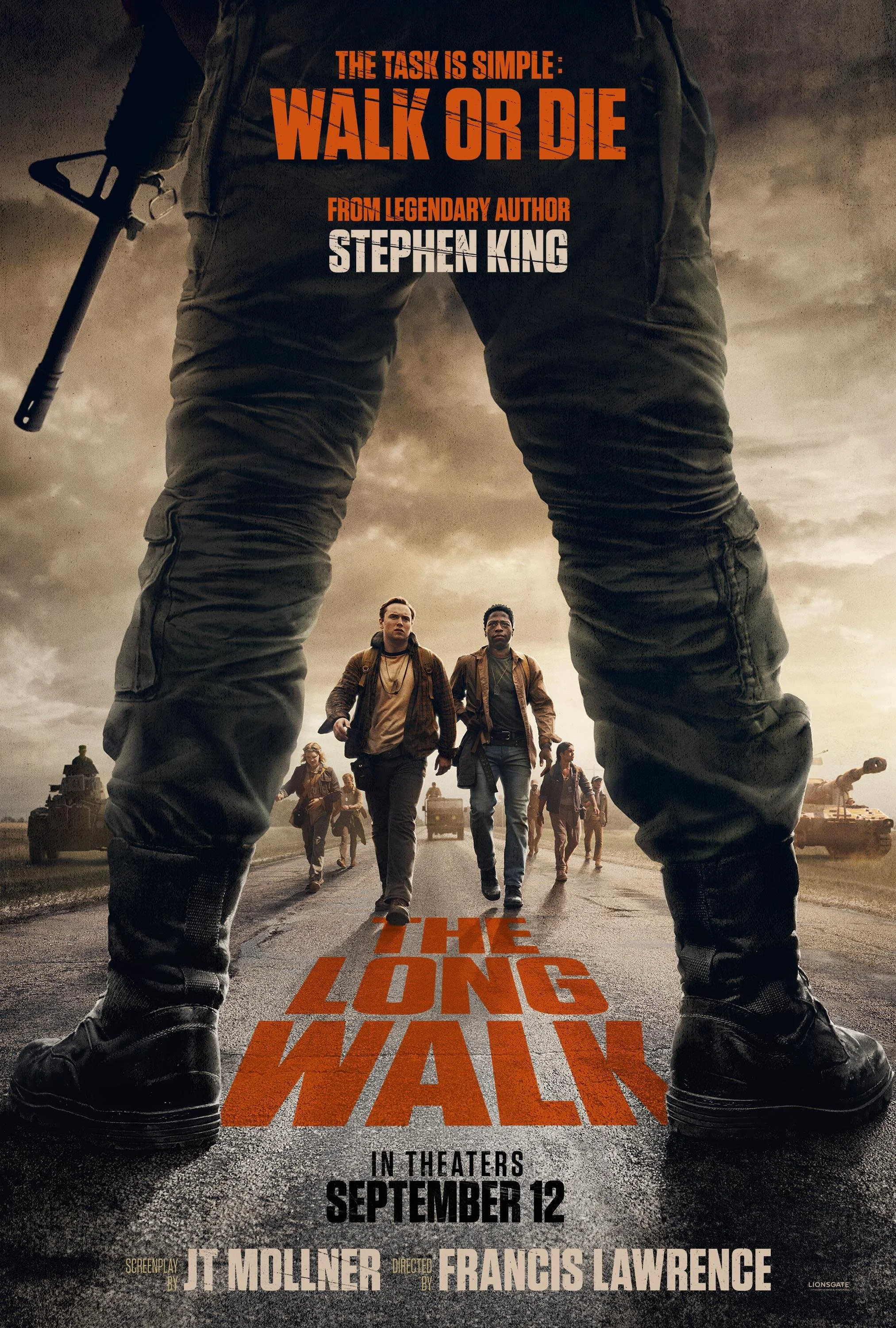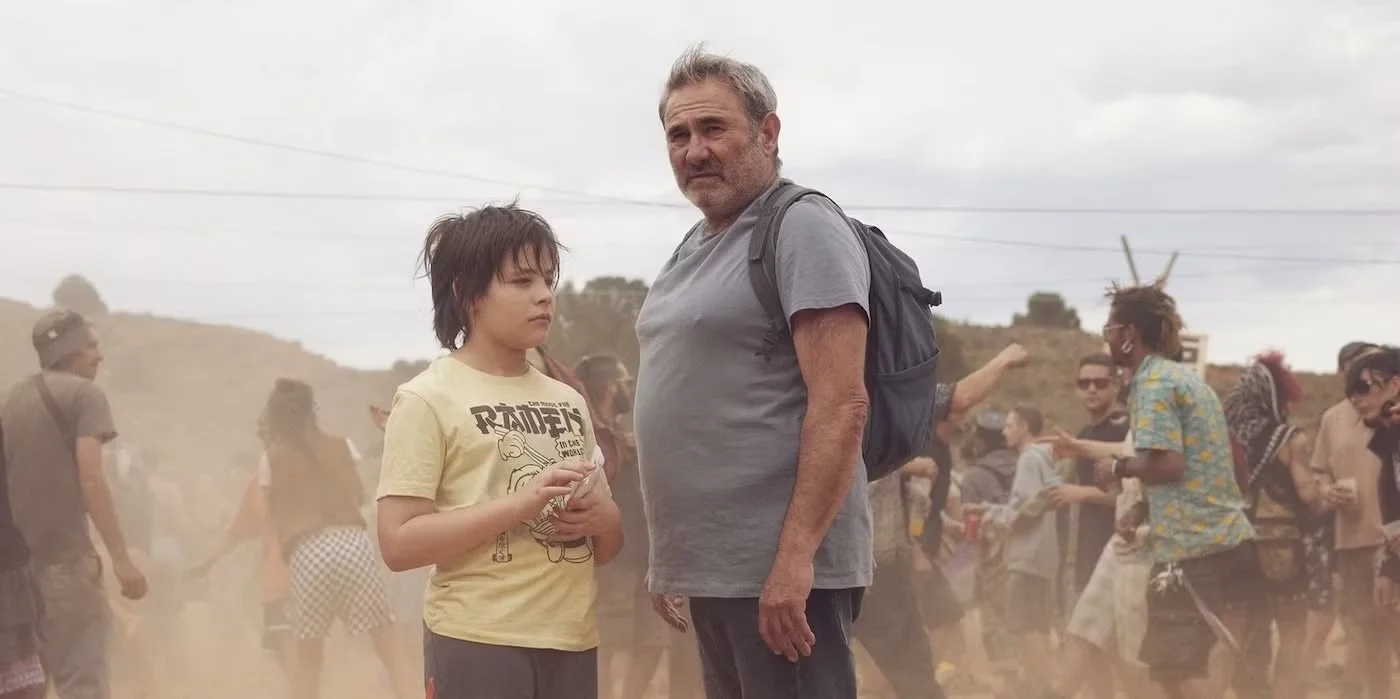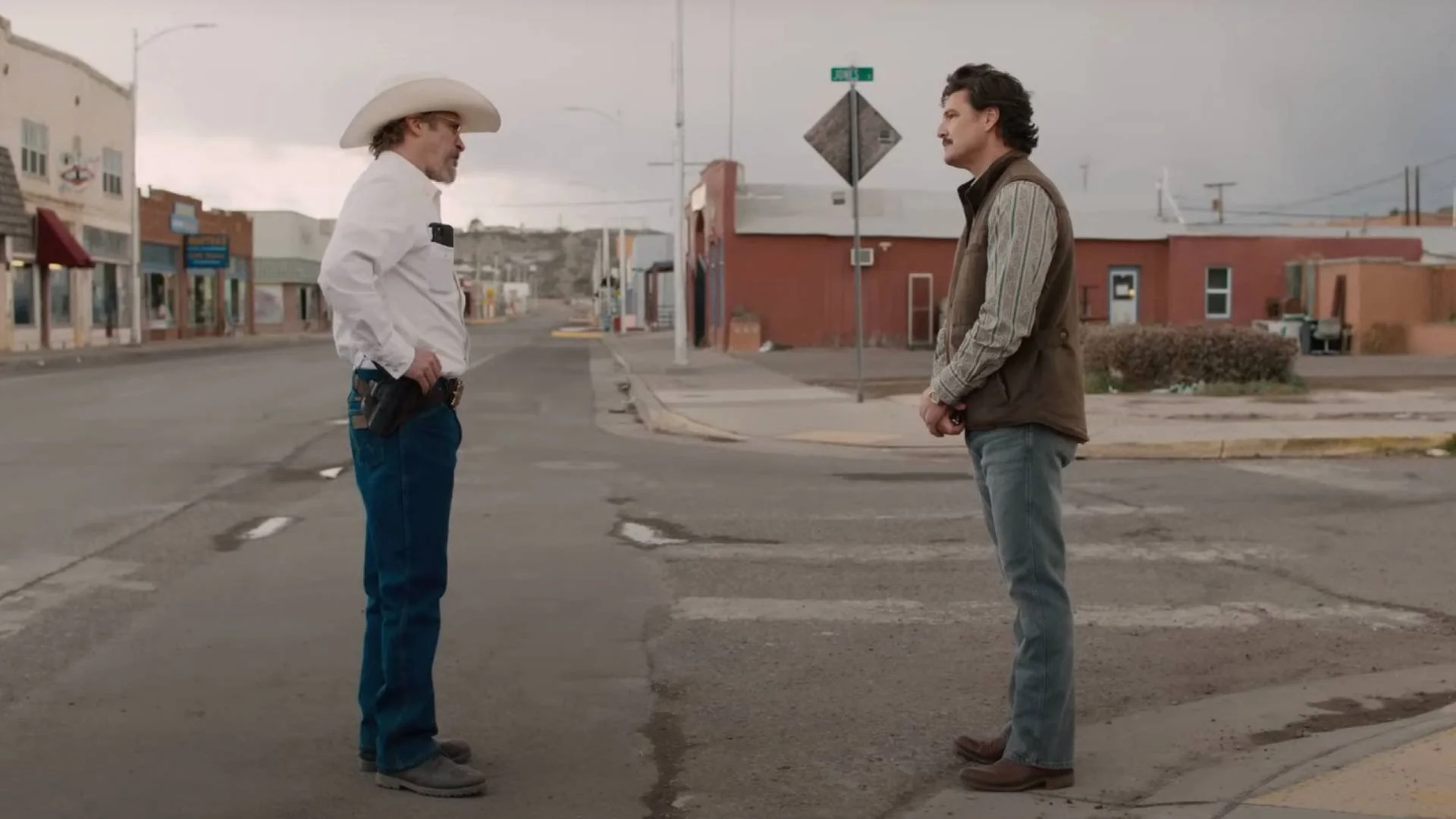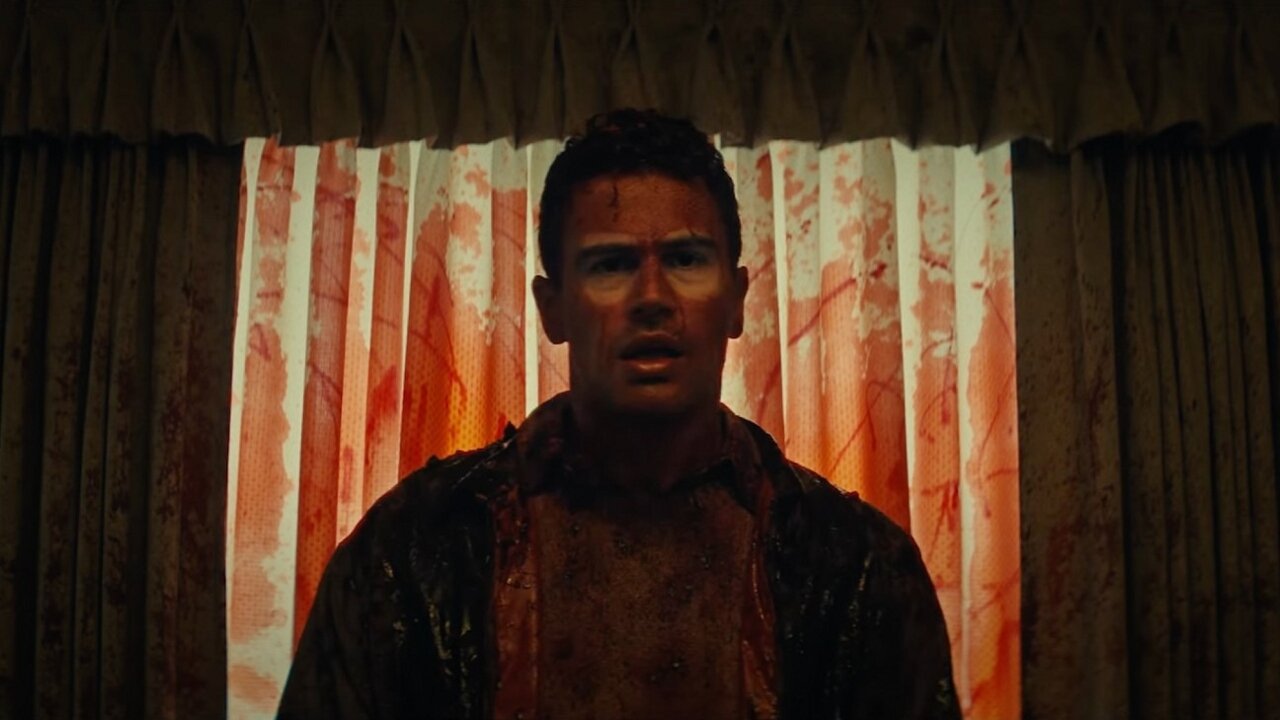The Long Walk
It seems that Stephen King’s works will never run out of adaptations. We just had The Monkey at the beginning of the year, and this time we’re stepping into the dystopian world of The Long Walk.
At first glance, the premise feels like a variation of The Hunger Games, though King’s novel predates Suzanne Collins’ series by decades. If anything, the questions of inspiration should be asked the other way around.
The story follows fifty teenage boys, chosen from across the United States after a civil war, now living under totalitarian rule. Their task is brutally simple: walk forward without stopping. The rules are strict — if you slow down below 4.8 km/h and collect more than three warnings, you’re out of the game. And “out” here means being shot on the spot. Only one boy can win, earning money and whatever he desires.
At first, the narrative seems painfully predictable. Within the opening minutes, it becomes clear who the final contenders will be. There’s little time to grow attached to the characters since the action begins almost immediately, without much background or buildup. But as the film unfolds, it becomes apparent that this structure is deliberate. You, as the viewer, are thrown into the walk itself — meeting strangers along the way, sensing the hopelessness of the task, and realizing that everyone but one is doomed to die.
The main focus is on Raymond, and for the most part the film follows his path and the paths of those who surround him. I believe the movie was carried and saved by Cooper Hoffman and David Jonsson in the leading roles. Their spontaneity, combined with a deep awareness, became the true heart of the film and the element you want to hold on to throughout.
At its core, The Long Walk is not just a story of survival. It is a film about totalitarianism, the horrors of war, human cruelty, the search for bread and circuses, revenge, the wish for something bigger, and complete hopelessness. The ending is very predictable, exactly what you expect, but it turns out that the most important part is not how it finishes but the walk itself.
Despite its claustrophobic setting and repetitive framework, the film manages to avoid monotony. Its intensity, combined with the strength of its performances, transforms what could have been a flat imitation of The Hunger Games into something urgent and thought-provoking. It holds up a mirror to our own brutal, capitalist world while still reminding us of timeless human truths.
7.5/10




